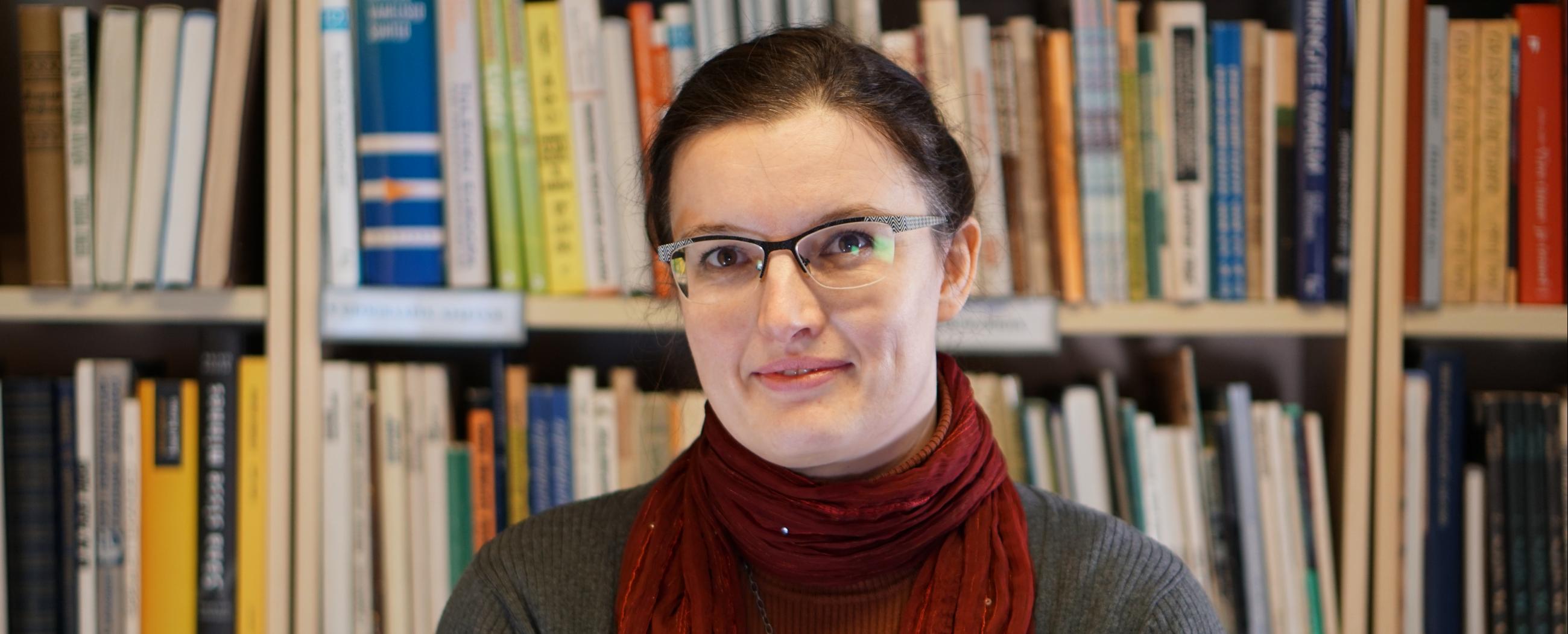Doctoral thesis brings to light why Estonian schools should focus more on high school students who developed quicker in primary school
Doctoral candidate at Tallinn University School of Educational Sciences Katrin Soika will defend her doctoral thesis ‘Expanding opportunities on the use of concept mapping as an assessment tool in science education’.

Modern education systems strive for their students to not only gain knowledge by memorising it, but also learn through meaningful analysis and interdisciplinary problem-solving. Assessing the results of interdisciplinary learning, however, is complicated. How can we measure whether the student understands the connections between what is taught in school and what happens in the real world? As a potential solution to this problem, the doctoral thesis studied the potential of using concept maps as a way to assess a student’s interdisciplinary knowledge and connections. Though this method is not new, it is rarely used for the assessment of knowledge and skills.
The doctoral thesis confirmed the concept map’s viability in assessing the interdisciplinarity of knowledge. “Our pilot studies showed that an analysis of concept maps can give teachers or researchers more information than a multiple choice quiz or a short test with freeform answers,” said Soika. The main study analysed and drew conclusions from concept maps made by students from grades 10 and 12 in addition to using scenario-based exercises. As one of the study’s goals was to find a way to obtain a quick overview of the interdisciplinarity of a student’s knowledge, the method created was used to assess changes in the interdisciplinary knowledge of students throughout high school.
The analysis and comparison of concept maps from schools where competition in entrance exams was intense and where state exam results were very good showed that students there could connect terms in an interdisciplinary way both in the 10th and 12th grade. “ What is notable is that the changes in students’ concept maps are not as great as in schools where the state exam results are the lowest,” adds Soika. “Students from these schools displayed more significant growth in interdisciplinary connections by the end of high school; however, few of them made it to the same level as 10th grade students in schools with higher state exam results.”
Based on these findings, we can see that Estonian schools should focus more on high school students who developed quicker in primary school. Students with quicker development need different opportunities to develop their knowledge in high school – opportunities that don’t stop at what is required in the national curriculum.
Doctorate candidate Katrin Soika will defend her doctoral thesis ‘Expanding opportunities on the use of concept mapping as an assessment tool in science education’ on 8 February 2021 at 14:00. The public defence will take place in auditorium M648 at Tallinn University. A larger audience can view the defence and ask questions in the Zoom environment.
The dissertation was supervised by Professor Priit Reiska from Tallinn University. The opponents are Professor Petri Nokelainen from Tampere University and Professor Ismo T. Koponen from Helsinki University.
The dissertation is available in the ETERA digital environment of TU Academic Library.

